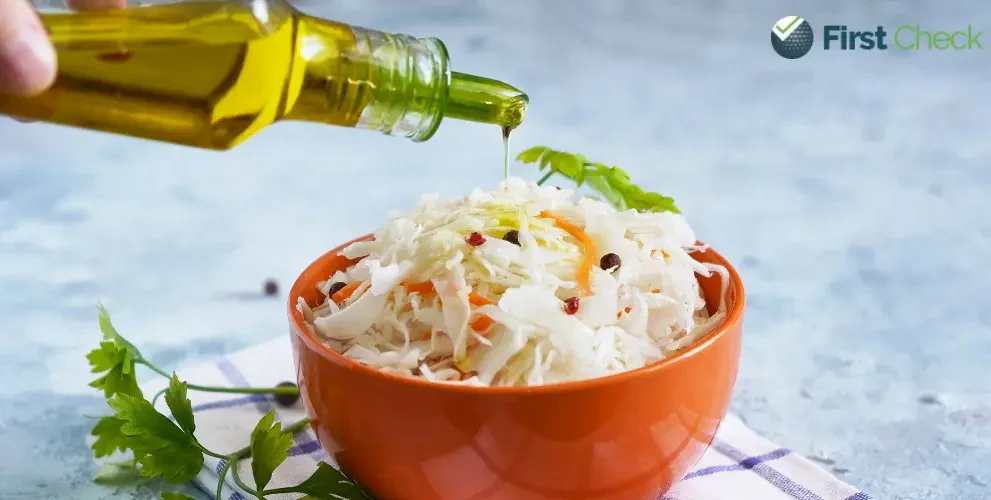Fact-check: Reducing calories in rice by adding coconut oil
Author
Author
- admin / 2 years

- 0
- 2 min read

Author
Cooking rice along with any form of fat, not just coconut oil, reduces the calories absorbed by the body from the rice.
Does cooking rice with coconut oil result in the reduction of calories in the rice? The query was shared by a First Check reader after watching a video on YouTube. While the video provides unclear explanations, liberally using scientific terms such as pre-biotic, post-biotic and propionic acid, the basis of the claim can be traced back to a 2015 study on resistant starch content of different varieties of rice.
First Check analysed the two primary claims made in the YouTube video shared by our reader. First, 15-50 per cent calories in the rice will decrease if rice is cooked with coconut oil. We found no scientific evidence to back this exact percentage range of calorie reduction.
However, it is true that cooking rice along with any form of fat, not just coconut oil, reduces the calories absorbed by the body from the rice. The rice maintains its caloric value, but the calories absorbed into our bodies get reduced.
Second, coconut oil changes the structure of rice, claims the video. This, too, is partly true. The oil enters the starch granules of the rice during cooking, forming a protective layer that makes the rice resistive to digestive enzymes. This makes the rice difficult to digest and get absorbed in the small intestine.
In rice particularly, this process increases the formation of type 5 resistant starch. Further, as the rice cools and starts to gelatinise, the amylose (starchy part of the rice) gets separated from the granules, leaving the resistant starch behind, which is classified as type 3 resistant starch. Ongoing studies are looking at the impact of digestion-resistant starches on the prevention and control of chronic human diseases, such as diabetes, colon cancer, and obesity, to name some.
To fact-check any health-related claims, you can email us at hello@firstcheck.in or WhatsApp us on +91 9311 223145.
Read More : Explainer: What is “fried rice syndrome”?










